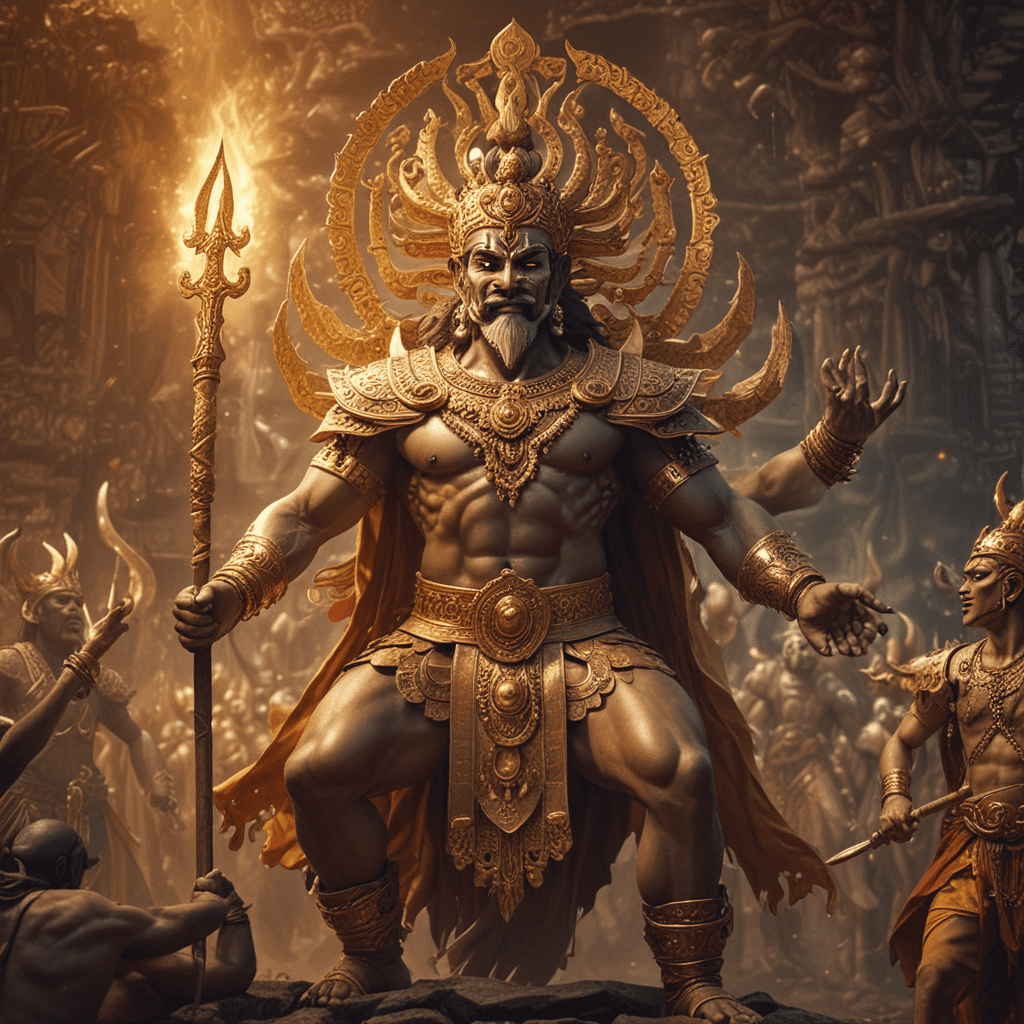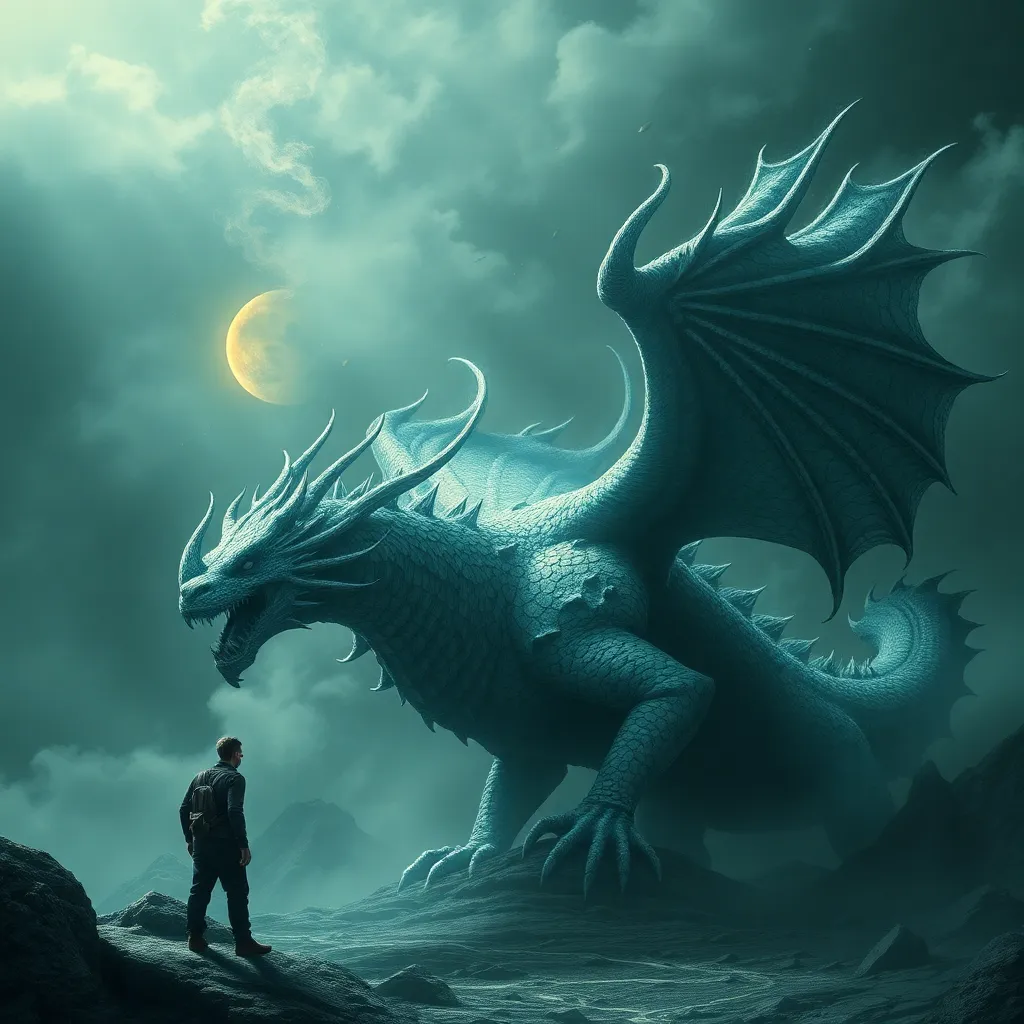The Influence of Norse Mythology on Norse Exploration and Colonization
Exploring the Seas: A Mythological Perspective
Norse mythology, with its intricate tales of gods, giants, and heroes, undoubtedly played a significant role in shaping the mindset of Norse explorers and colonizers. Stories of gods like Odin, who sought knowledge and wisdom from traveling the world, and Thor, whose bravery and strength were revered, instilled a sense of adventure and courage in the hearts of Norse individuals. These mythological narratives fueled the desire for exploration and discovery among the seafaring Vikings, pushing them beyond known boundaries into uncharted territories.
Colonizing New Lands: Mythical Motivations
The concept of expansion and conquest was deeply rooted in Norse mythology, influencing the Norse mindset towards colonization. Myths of Ragnarok, the ultimate battle between gods and giants, instilled a belief in destiny and the transient nature of the world. This apocalyptic worldview may have driven Norse explorers to seek out new lands, establish communities, and leave their mark on distant shores as a way to secure their presence in the face of an uncertain future.
Navigating by Myth and Legend
Norse mythology wasn’t just a source of inspiration for exploration and colonization; it also served as a practical guide for navigating the treacherous waters of the unknown. Tales of the nine realms connected by Yggdrasil, the world tree, provided a framework for understanding the vastness of the world and mapping out potential routes to new territories. The myth of Aegir, the god of the sea, underscored the dangers and challenges of ocean voyages, informing Norse sailors of the perils they might encounter on their journeys.
Lingering Legacies: Mythological Impact on Norse Expansion
Even as Norse exploration and colonization waned, the influence of mythology endured in the places they settled. Cultural remnants of Norse myths can still be found in regions like Iceland, Greenland, and the Faroe Islands, where stories of Odin, Loki, and the gods continue to shape local identities and traditions. The legacy of Norse mythology on exploration and colonization is not just a historical footnote but a living testament to the enduring power of ancient myths on human endeavors.
By understanding the profound impact of Norse mythology on Norse exploration and colonization, we gain valuable insights into the motivations, beliefs, and legacies of these legendary seafarers. The realms of Asgard and Midgard may be distant echoes of the past, but their influence on shaping the course of history reverberates through time, reminding us of the enduring power of myth and legend.
FAQs About the Influence of Norse Mythology on Norse Exploration and Colonization
What role did Norse mythology play in Norse exploration?
Norse mythology played a significant role in Norse exploration as it inspired the Vikings to embark on daring voyages. Stories of gods like Odin, who traversed the world seeking knowledge, motivated them to explore new lands.
How did Norse mythology influence Norse colonization?
Norse mythology influenced Norse colonization by shaping their beliefs about conquest and expansion. The idea of Valhalla, a warrior’s paradise, may have influenced their willingness to conquer new territories to secure their place in the afterlife.
Did Norse myths impact the way Vikings navigated the seas?
Yes, Norse myths potentially impacted how Vikings navigated the seas. Stories of the legendary sunstone, which helped locate the sun in cloudy weather, may have influenced their navigation techniques and abilities.
Were there specific Norse gods associated with exploration and colonization?
Yes, Norse gods like Thor, associated with strength and protection, were likely venerated by Vikings undertaking perilous journeys. Freyja, linked to fertility and prosperity, may have been invoked for successful colonization efforts.



